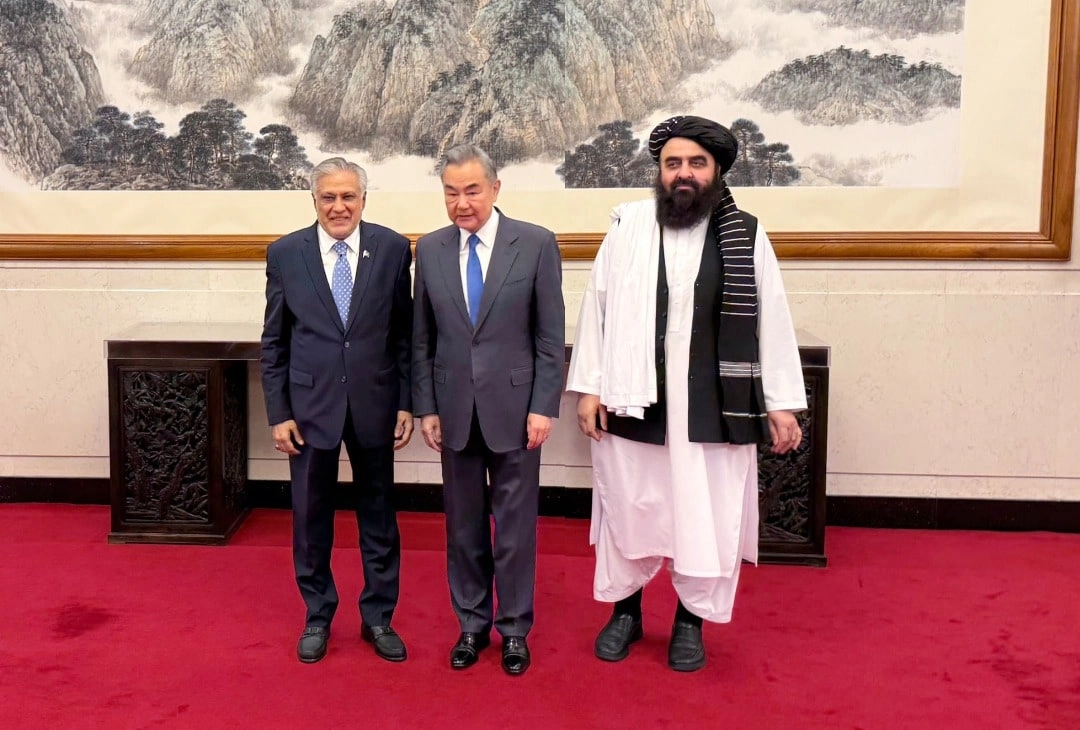In a significant move reflecting the tense political climate in Pakistan, authorities have imposed a ban on internet services in Islamabad and Rawalpindi ahead of anticipated anti-Israel protests. This decision comes in response to growing public sentiment and outrage over Israel’s actions, particularly in relation to the ongoing conflict in Gaza. The protests are expected to draw large crowds as citizens express their solidarity with the Palestinian cause. By restricting internet access, the government aims to prevent the organization of mass gatherings and the rapid dissemination of information that could lead to unrest.
The ban on internet services, particularly in major urban centers like Islamabad and Rawalpindi, raises concerns about freedom of expression and the right to peaceful assembly. Citizens often rely on social media platforms and messaging apps to coordinate protests, share information, and express their views on pressing issues. By cutting off internet access, the government is not only attempting to manage public order but also limiting the avenues through which individuals can voice their dissent and mobilize support for their causes. This tactic has been employed in various countries facing similar situations, highlighting the delicate balance between maintaining order and respecting civil liberties.
As the situation unfolds, the international community is closely monitoring the developments in Pakistan. The protests are expected to attract attention not only domestically but also from global human rights organizations, which may view the internet shutdown as a violation of fundamental rights. Activists and civil society groups have already begun to voice their concerns, urging the government to uphold democratic principles and protect citizens’ rights to free speech and assembly. The challenges posed by such restrictions are significant, as they could lead to further frustration and dissent among the populace, potentially escalating tensions in an already volatile environment.
In the broader context, the protests and the government’s response reflect the complex dynamics of regional politics, with the Israel-Palestine conflict serving as a focal point for many in the Muslim world. For many Pakistanis, the situation is not just a distant geopolitical issue but a matter of moral and ethical obligation to support fellow Muslims facing adversity. As sentiments run high, the government’s internet ban may only serve to galvanize protesters, driving home the urgency of their message. It remains to be seen how the authorities will navigate these challenges, balancing the need for security with the fundamental rights of their citizens.




